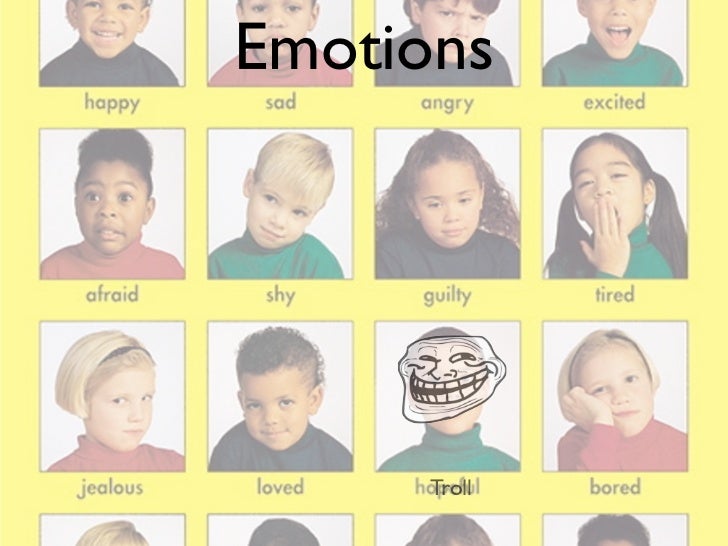
#Rage emotion trial#
Pilot data from an open label trial of RAGE-Control on a pediatric psychiatric inpatient unit demonstrated improvement in patient self-reported anger and aggression after 5 sessions of CBT with RAGE-Control, when compared with a treatment as usual group. It was initially designed for use with Cognitive Behavioral Therapy (CBT) to motivate children to remain engaged in therapy, and to foster the learning, practice, and generalization of self-regulation skills in the midst of frustrating or anger provoking situations. In response to this need, clinicians at Boston Children's Hospital developed Regulate and Gain Emotional Control (RAGE-Control), a therapeutic videogame that requires players to maintain low levels of physiologic arousal while rapidly reacting to incoming stimuli and inhibiting erroneous responses. These difficulties underline the need for innovative treatments that can effectively engage patients and enhance their ability to control their emotions and behaviors. However, engaging youth with anger issues in therapeutic treatments can be difficult, with high rates of attrition. Psychotropic medications can reduce anger and aggression in the short term, but they fail in the long-term goal of teaching self-regulation, and carry the risk of serious side-effects, including obesity, metabolic syndrome, and type II diabetes.

As a result, clinicians increasingly rely on psychotropic medications to blunt anger. Moreover, adults who were aggressive as children experience poor physical and mental health, and may find limited career opportunities.Īlthough anger regulation is a common and clinically significant psychiatric concern for children and adolescents, effective treatment options are limited. Those who continue to struggle with emotional and behavioral regulation are at heightened risk for social isolation, delinquency, substance abuse, and academic problems later in life.


 0 kommentar(er)
0 kommentar(er)
